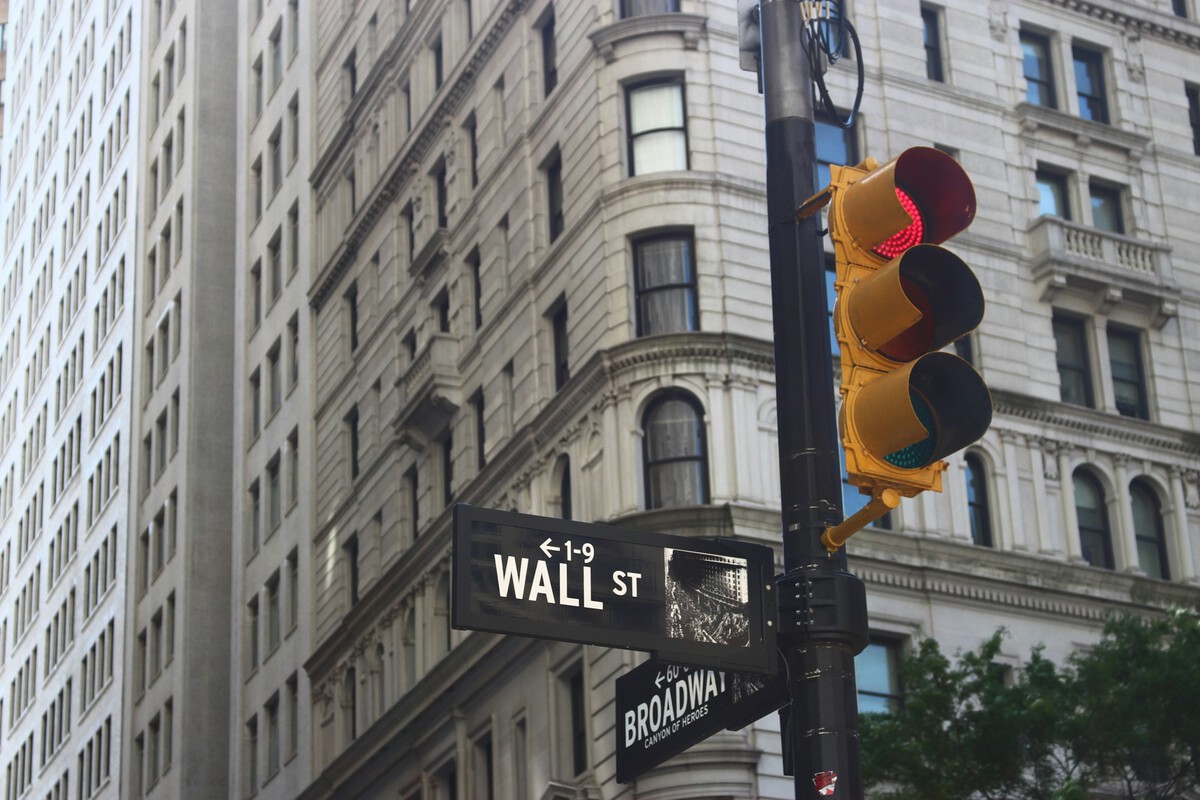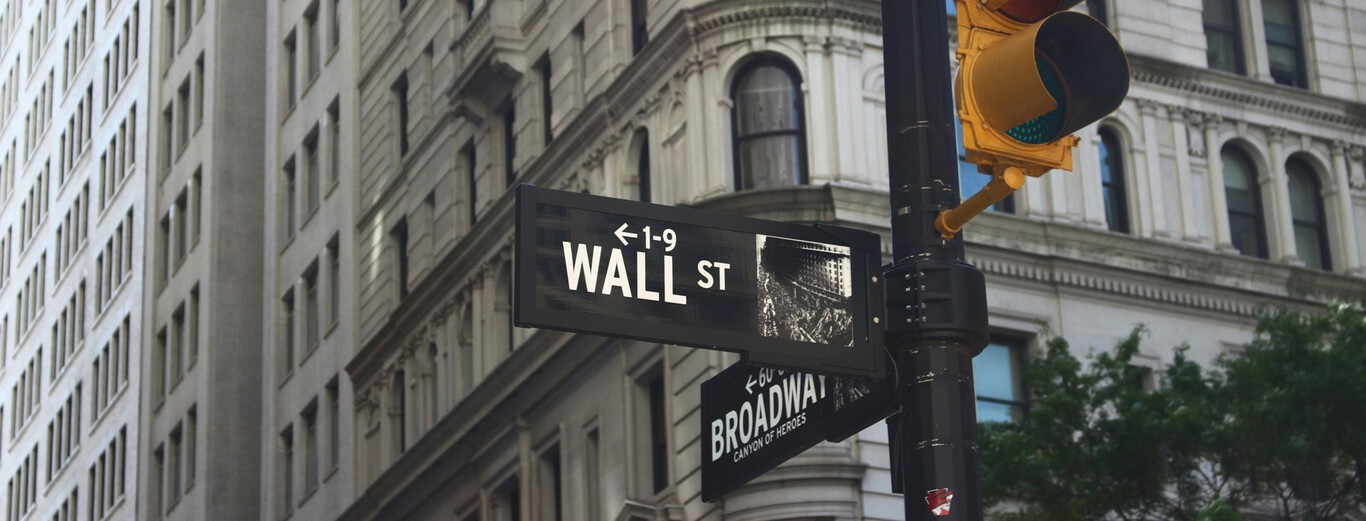Silicon Valley’s Deadly Addiction: Stock Buybacks Killing Real Innovation
Hello everyone. Today we’re going to rip apart one of the most boring yet financially destructive habits plaguing Silicon Valley – the obsession with stock buybacks. Forget innovation, forget bold projects, forget trying to solve actual problems. Nope, the modern tech overlord has discovered the video game equivalent of cheesing the system with a broken exploit: buy back your shares, beef up your stats screen, and pretend you’ve been grinding XP legitimately. Spoiler alert – you haven’t.
How Buybacks Work: The Illusionist’s Trick
Let’s not kid ourselves. Stock buybacks are the financial equivalent of slapping a Band-Aid on a broken bone and telling the patient to “walk it off.” The arithmetic looks neat: if you’ve got a billion shares floating around and you claw back 100 million, suddenly there are fewer slices of the pie. Same pie, fewer slices, everyone eats more – at least on paper. Earnings per share (EPS) looks shinier than a legendary drop in World of Warcraft, but nothing real just happened. The company didn’t discover penicillin, it didn’t build a new data center, it didn’t even improve its bloody router speeds – it just pulled a magic trick with numbers.
- Executives cash in on higher stock option values. Shock horror, the foxes guard the henhouse again.
- Fund managers sip their lattes while seeing “growth” without waiting for actual projects to mature.
- Companies avoid risk altogether. Builds failing projects? Better not. Safer to pad the spreadsheets.
This isn’t capitalism in motion, it’s capitalism in cryostasis. Financial returns without real creation. Think of it as playing Tetris with the pause button on – no new levels, no pressure, no skill, just an illusion of progress while time stands still.
The Fear Factor: Politics, Bureaucracy, and Spinelessness
Why do they do it? Because real work is scary. The article drills into the truth – America’s political climate is a mosh pit where any company that dares build something new ends up crowd-surfing straight into lawsuits, regulations, and angry mobs with pitchforks.
- Meta promised affordable housing in Menlo Park, then shoved the project into limbo. Grand talk, zero delivery.
- Amazon tried to build HQ2 and met protests worthy of a rock concert riot.
- Intel takes a decade to build a factory while China speedruns theirs in two years. Efficiency, thy name is not America.
So companies retreat to their safe space – the accounting department. Easier to fire up Excel than to risk failure in the real world. Silicon Valley, once hailed as the innovation engine, is now playing bunker simulator with its cash reserves.
The Financial Hidey-Hole: Records in 2025
Fast forward to 2025 and stock buybacks have reached record-breaking stupidity. Apple alone has nuked $600 billion of its fortune into thin air via buybacks since 2012. Alphabet finally jumped onto the merry-go-round in 2024, probably after realizing innovation is harder than recycling old ad tech. And Microsoft? Oh, they’ve lobbed more than $200 billion back into the shareholder fountain, like a Wall Street version of tossing coins into a Venetian fountain and making wishes. Spoiler: the only ones who get their wishes granted are the executives staring at their bloated bonuses.



When even Warren Buffett says buybacks mainly line executive pockets, you know the smell in the room isn’t roses.
The Rotten Core: Regulatory Origins
Let’s roll back the clock. Before Reagan’s deregulation spree, stock buybacks were seen as market manipulation – a financial cheat code banned from public play. Then the Gipper waved his wand, declared them legal, and ever since, corporations have been min-maxing their financial stats like a skittish RPG player dumping all points into Charisma without touching Strength or Intelligence. The result? Companies spend 94% of their profits not on building, innovating, or doing something useful, but on buybacks and dividends.
Think about that. Ninety-four percent. That’s like a gamer finishing a dungeon raid and donating all the loot to an NPC who doesn’t do anything except say the same dialogue line over and over again. What is even the point? Oh right – the point is making shareholders happy in the short term while the house catches fire behind them.
The Road Ahead: Taxes and Toothless Fixes
Of course, some U.S. senators – particularly Democrats – have wagged their fingers and proposed a tax on buybacks, backed by President Biden. Predictably, it’s had about as much effect as a wet noodle at stopping a tank. The system is entrenched, the money is flowing, and regulation is as toothless as a gummy bear.
Meanwhile, Europe looks across the pond with growing horror. If American tech is too obsessed with spreadsheet sorcery to build actual tech, it opens the door wide for China. And trust me, China isn’t playing Animal Crossing; it’s playing a speedrun race with no resets allowed. They’re building, they’re outpacing, they’re laughing at this Western paralysis. Europe, stuck as the eternal sidekick, will inherit the vulnerabilities too.
Conclusion: Capitalism on Life Support
Here’s the blunt truth – stock buybacks are corporate cowardice wrapped up in a bow. They let executives look like geniuses while contributing nothing to society, innovation, or long-term progress. It’s the perfect placebo pill. The patient feels fine in the short term, but the disease keeps spreading. As a doctor, I’d diagnose this condition as “chronic financial anemia,” treatable only by risky, bold treatment – you know, actual investment.
Buybacks are the gaming equivalent of padding your KDA score without pushing objectives. They look fine on the scoreboard, but you still lose the match. And in this game, the competition isn’t standing still; they’re grinding, leveling up, and preparing to knock you out of the meta.
So do stock buybacks get my glowing endorsement? No. They get the equivalent of a red card, a server ban, and an unceremonious boot back to the login screen. It’s bad policy, bad optics, and bad for innovation. And most importantly – it’s boring as hell.
And that, ladies and gentlemen, is entirely my opinion.
Article source: Hay un síntoma preocupante en la economía tecnológica: Silicon Valley prefiere comprarse a sí misma antes que invertir en el futuro, https://www.xataka.com/empresas-y-economia/hay-sintoma-preocupante-economia-tecnologica-silicon-valley-prefiere-comprarse-a-invertir-futuro



